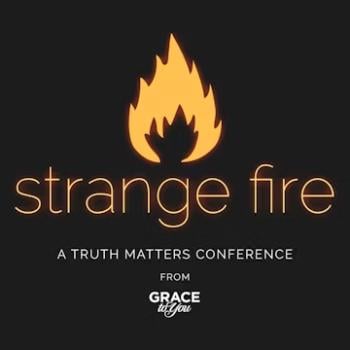I recently read Jonathan Yeager’s excellent Enlightened Evangelicalism: The Life and Thought of John Erskine (Oxford, 2011), and am struck by Yeager’s thesis that Erskine, one of the leading evangelical pastors in eighteenth-century Scotland, was especially significant as a “disseminator of enlightened evangelicalism.” Of course, Erskine was also an important theologian and preacher, but where he really made his mark was in fostering a transatlantic evangelical intellectual community of pastors, scholars, and readers. Erskine especially relished buying, reading, and giving away books. His personal library contained around four thousand of them. An associate, perhaps a bit intimidated by his prodigious range of reading, said that Erskine was like a walking, talking “index to books.”
What is truly amazing, however, is that Erskine spent a fortune purchasing and mailing books to friends, including many in America such as Jonathan Edwards. Yeager says that almost every letter that Erskine sent came with a package of books, with some correspondents receiving hundreds of them from Erskine over the course of decades. In extant letters Edwards acknowledged close to sixty books, sermons, and pamphlets he received from Erskine — but he may have actually received many more, perhaps a third of his entire library. John Erksine loved books, but loved sharing them even more. He made a major personal investment of time and money to bolster the intellectual witness of the evangelical movement.
The book-sharing habit was a common one in the eighteenth-century evangelical world. As soon as George Whitefield (the subject of my current book) met Charles and John Wesley as a student at Oxford, they were pressing him to read the best works of spiritual devotion and theology, especially Henry Scougal’s The Life of God in the Soul of Man (1677). Whitefield credited Scougal’s book with helping him to see that the essence of Christianity was not external duty, but inner transformation by the Holy Spirit. When he read it, he said a “ray of divine light was instantaneously darted in upon my soul, and from that moment, but not until then, did I know that I must be a new  creature.”
creature.”
Whitefield himself, like Edwards, Wesley, and other evangelical luminaries, recommended (and gave) books to countless correspondents in America, Britain, and the Continent. But in actually giving them away, probably no one surpassed Erskine.
As Douglas Sweeney has noted in his review of Yeager’s book, this book-sharing practice helps categorize the role of prominent Christian bloggers today such as Tim Challies and Justin Taylor. Whether they know it or not, they are carrying on a venerable tradition in the evangelical community of making interested readers aware of the best books and articles available. There were many books and sermons to read in Erskine’s time, but there are far more today for readers to sort through. We need reliable gatekeepers to guide us.
In my recent review of Albert Mohler’s The Conviction to Lead, I similarly commended Mohler’s blogs and podcasts for introducing evangelicals to a host of authors we should know about, but might not have time or background to discover on our own. Given the remarkable potential opened by social media, legions of Christians are now able to review and recommend (or not recommend!) articles and books for the broader Christian community.
Look at the fogy picture of Erskine on the cover of Yeager’s book: is this a man who would have blogged and tweeted? If he knew their power to disseminate the best of evangelical writing, I think the answer is yes.
















